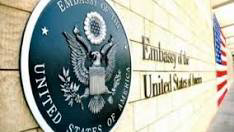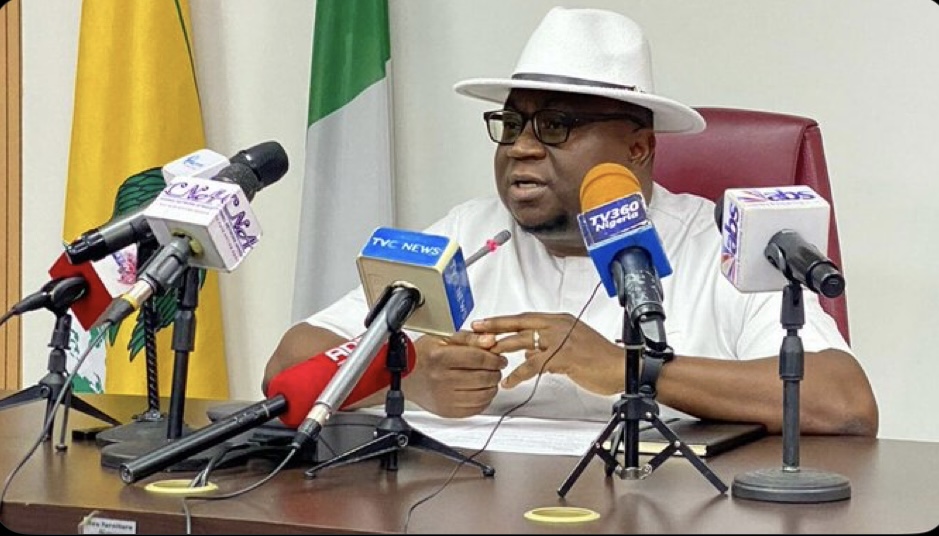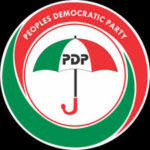Govt. Engages Students in Tax Public Enlightenment Drive with N10 Million Challenge

The Federal Government has launched a ₦10 million “Excellence in Tax Reform Reporting” challenge aimed at students and young content creators, part of a broader drive to deepen public understanding of the new 2025 tax laws and to counter misinformation surrounding them.
The initiative announced by Taiwo Oyedele, chairman of the Presidential Fiscal Policy and Tax Reforms Committee — offers cash prizes for the best student-produced work that explains, analyses or presents creative campaigns about the recently enacted tax reforms.
The committee said the challenge is designed to harness student creativity and digital reach to promote balanced, factual reporting on the reforms, which the government says are critical to modernising Nigeria’s fiscal framework.
According to announcements carried by national outlets, entries may include articles, short videos, infographics, podcasts or other digital formats that effectively communicate how the new laws work and what they mean for citizens and businesses.
Organisers stated the competition will prioritise accuracy, public impact and the ability to explain technical changes in plain language a response, they said, to the volume of misleading and alarmist commentary that has trailed the reform process.
The timing of the challenge coincides with the implementation window for the tax reforms. President Bola Tinubu signed four landmark tax reform bills on June 26, 2025 consolidating and overhauling Nigeria’s tax code measures that the government says will take full effect from January 1, 2026.
The committee has repeatedly emphasised the need for citizen education so Nigerians understand both the burdens and benefits of the changes.
Reaction to the award has been mixed. Supporters in media and civil-society circles welcomed the effort to incentivise clarity and fact-based reporting, arguing that journalists and communicators play a central role in how reforms are perceived. Critics, however, warned that government sponsored awards aimed at shaping public narratives risk being perceived as attempts to control messaging stressing that editorial independence and transparent judging criteria will be essential if the contest is to earn broad credibility.
Organisers have said detailed entry rules, submission deadlines and judging criteria will be published on the committee’s official channels and through partnered media outlets. Students and campus media groups eager to participate have been advised to watch the committee’s announcements and to prepare entries that prioritise factual explanation, sources and demonstrable public engagement.
The ₦10 million prize forms part of a larger communications push by the Fiscal Policy and Tax Reforms Committee to ensure that the country’s overhaul of tax laws is accompanied by sustained public education a step the government argues is necessary to build confidence and smooth implementation as the new framework comes into force.









